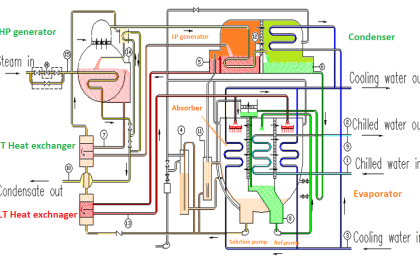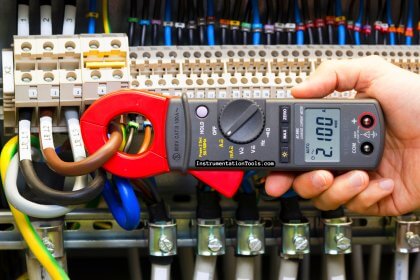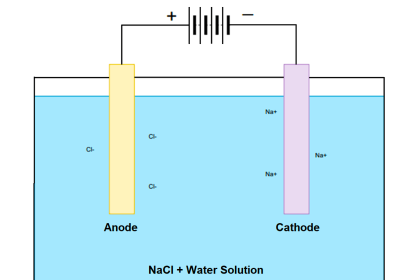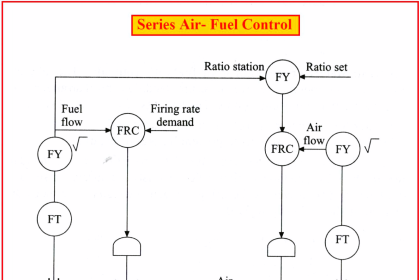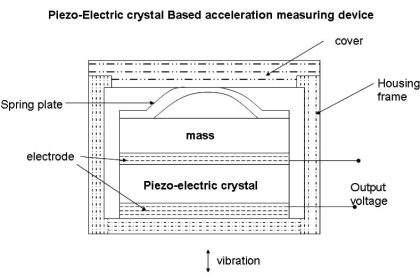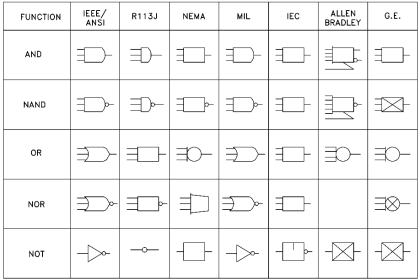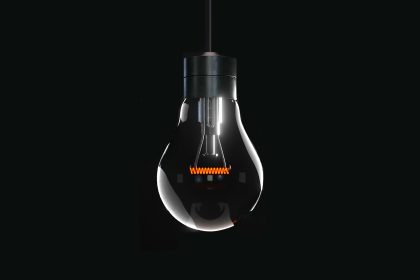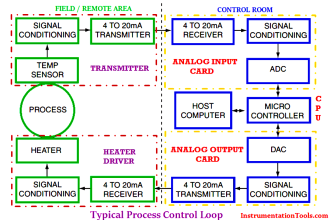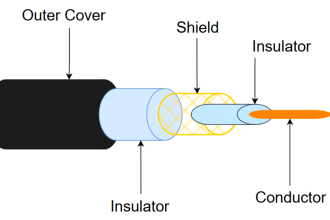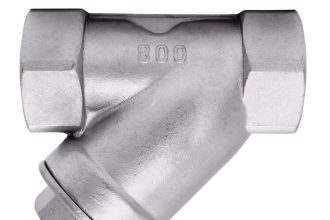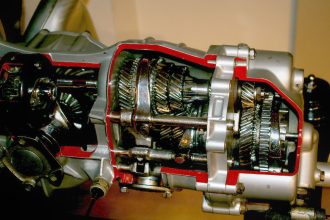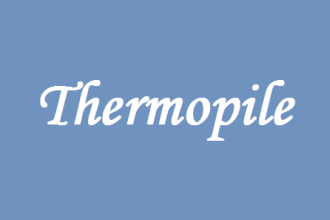There are many different types of HVAC systems out there. Each has its own pros and cons relating to cost, installation, efficiency, lifespan, emissions, and power source. If you’re looking to install or replace an HVAC system in your home, there are a few things to consider first;
How large is the home? Does it currently have ductwork in place? How much are you willing to spend? What climate do you live in?
And more. Let’s find out how these factors influence which HVAC system is best for the home.
What are the Different Types of HVAC Systems?
First, let’s quickly cover what the different types of HVAC systems are, so you know how and why they’ll be better for one home over another.
Heating and Air Conditioning Split System
This type of HVAC system is an outdoor unit containing a condenser and compressor paired with an indoor unit housing the blower and evaporator coil. The indoor unit is commonly connected to a heat pump or furnace.
This system works with ducts that travel through the home to heat and cool each room of the house. These systems can be accessorized with additional pieces of equipment for air quality and comfort, including purifiers, scrubbers, and humidifiers.
Hybrid Heat Pump System
In a hybrid heat pump system, a heat pump that is powered by electricity is used alongside a furnace burning propane, natural gas, or fuel oil.
Heat pumps are air conditioners that can also heat your home, though they aren’t very efficient when temperatures dip too low which is why they pair with a furnace.
This system again works with ducts that travel through the home and uses the same basic components like an evaporator coil and refrigerant for cooling. These systems are highly efficient since they adjust their power and output depending on the outdoor temperature.
Mini Split Heat Pump System
This HVAC system is ductless. These systems are installed in areas of the home that need cooling and heating while the main unit is installed outdoors. There can be as many as 4 mini-systems installed in various zones of the home connected to one outdoor unit.
This mini-split system is ideal in homes where the traditional duct system isn’t compatible. They’re also the most energy-efficient and cost-effective option. The indoor unit is either wall or ceiling mounted. Rather than air traveling through ducts, the cool or heated air flows out of a vent on the indoor units.
The Best HVAC System for Home
Let’s investigate which homes are best suited by each of these three HVAC systems.
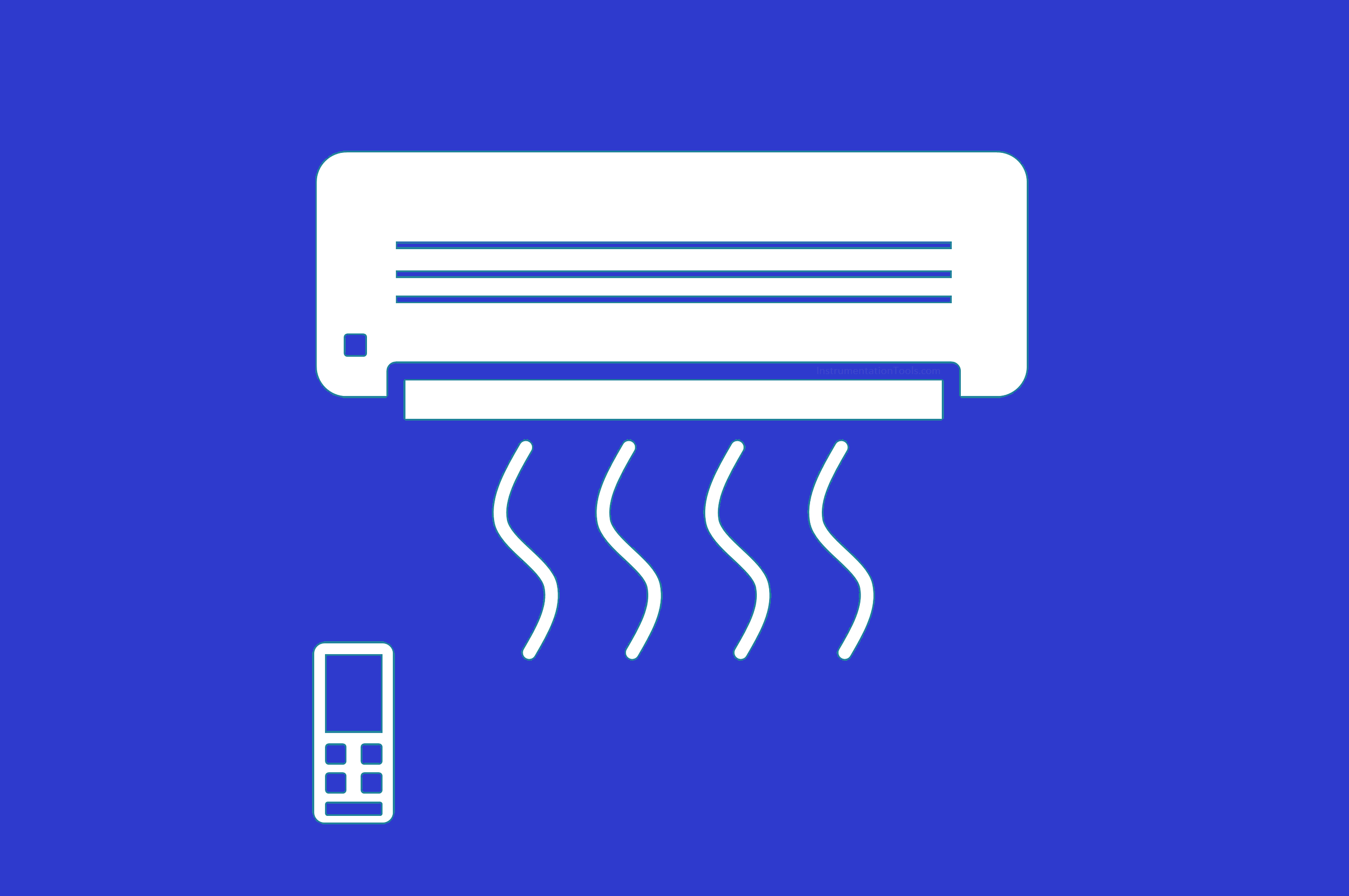
Heating and Air Conditioning Split System
This is one of the most commonly installed HVAC systems since it is affordable and offers the largest range of options.
They are the best option in homes with a variety of rooms, walls, and sections of the home since the ductwork moves the heated and cooled air efficiently around the home. They’re also recommended by HVAC websites like cold hot air.
These systems can be comprised of a furnace and air conditioner, an air handler and heat pump, or a furnace and heat pump depending on your climate.
They are versatile, efficient for larger homes, and are the most cost-effective concerning maintenance and replacements when necessary.
Hybrid Heat Pump System
The hybrid heat pump system is ideal for homes in varying climates where efficiency is key in changing weather. These systems are suited to locations with all 4 seasons since they are highly efficient in both temperate and drastic weather.
This is a great choice for the home since it is incredibly energy-efficient, with cost savings reaching up to 50% over the course of a single year compared to other systems. Their efficiency ranges from 100-300%, saving dollars no matter what the temperature is outside.
This system works in all types and sizes of homes since it uses ductwork, so they’re a worthy option for homes experiencing a wide variance of temperature throughout the seasons.
Mini Split Heat Pump System
The mini-split system is best used in open-concept homes. Typically, a multi-zone ductless system will only have the capacity to support 4 indoor units, so the layout and size of the home are important.
For example, an open layout main floor with kitchen, living room, and dining room under 1000 square feet can be serviced by a single indoor unit if the BTUs are high enough. You’d need at least one indoor unit for each floor of the home.
When using this type of HVAC system for your home, you’ll need to make sure your insulation is top-of-the-line. They are most popular in apartments within the 1500 sq. ft. range, but they serve smaller houses very well too.
The downside is that they aren’t suitable for homes in very cold climates since they aren’t powerful enough to heat efficiently enough. If you live in a temperate climate or have a small living space, this is a great option.
